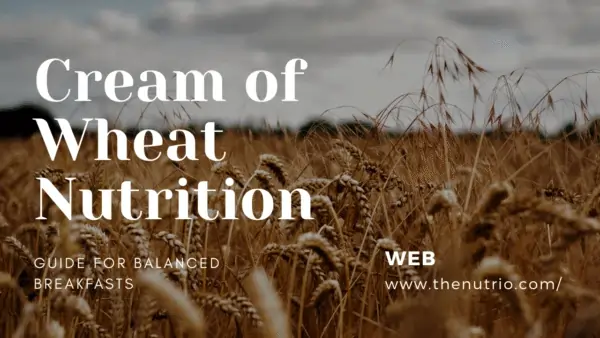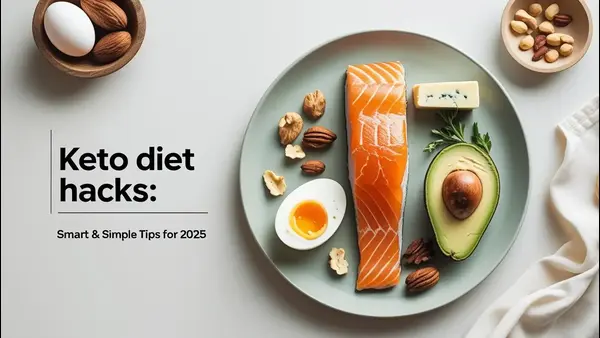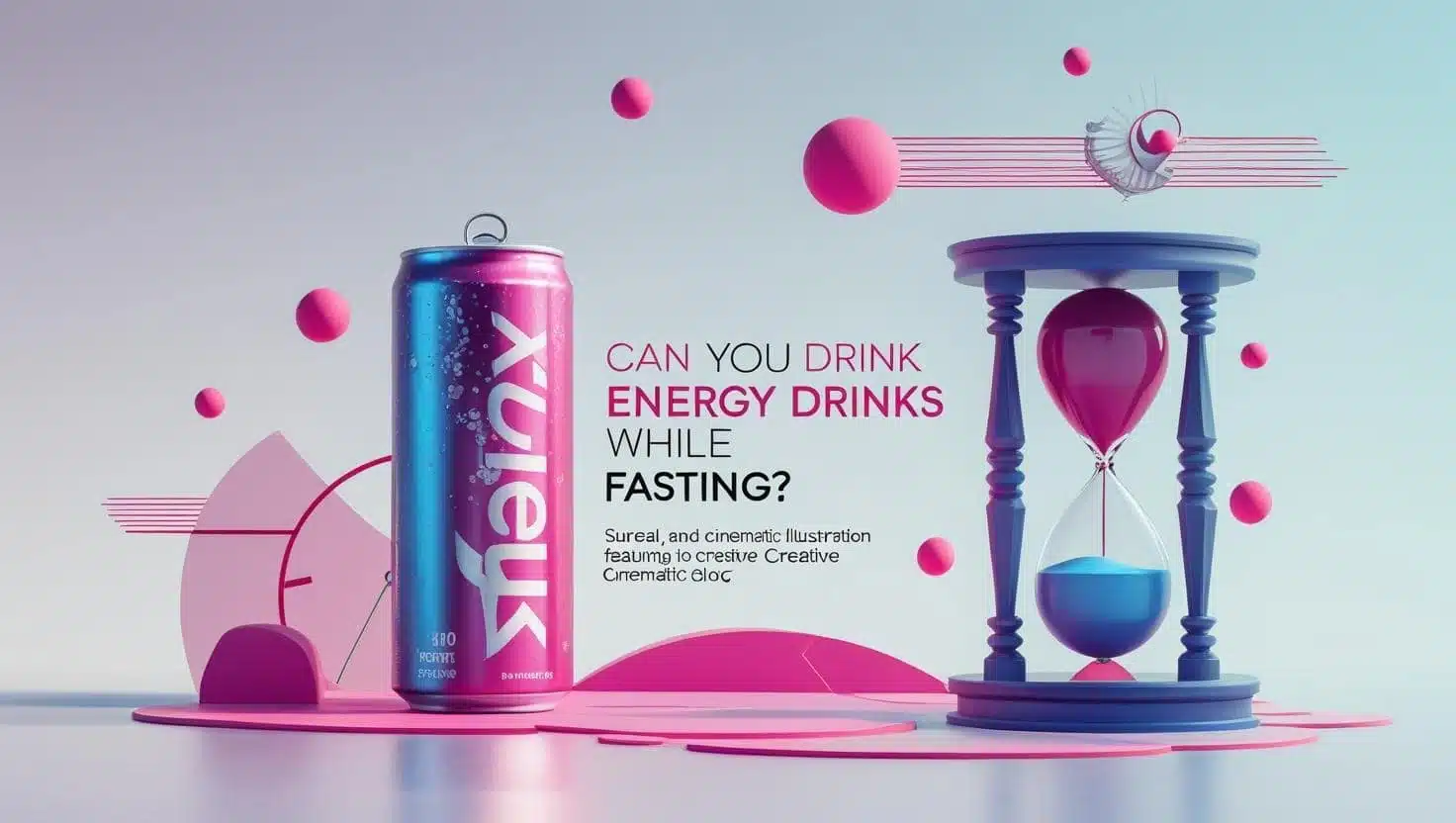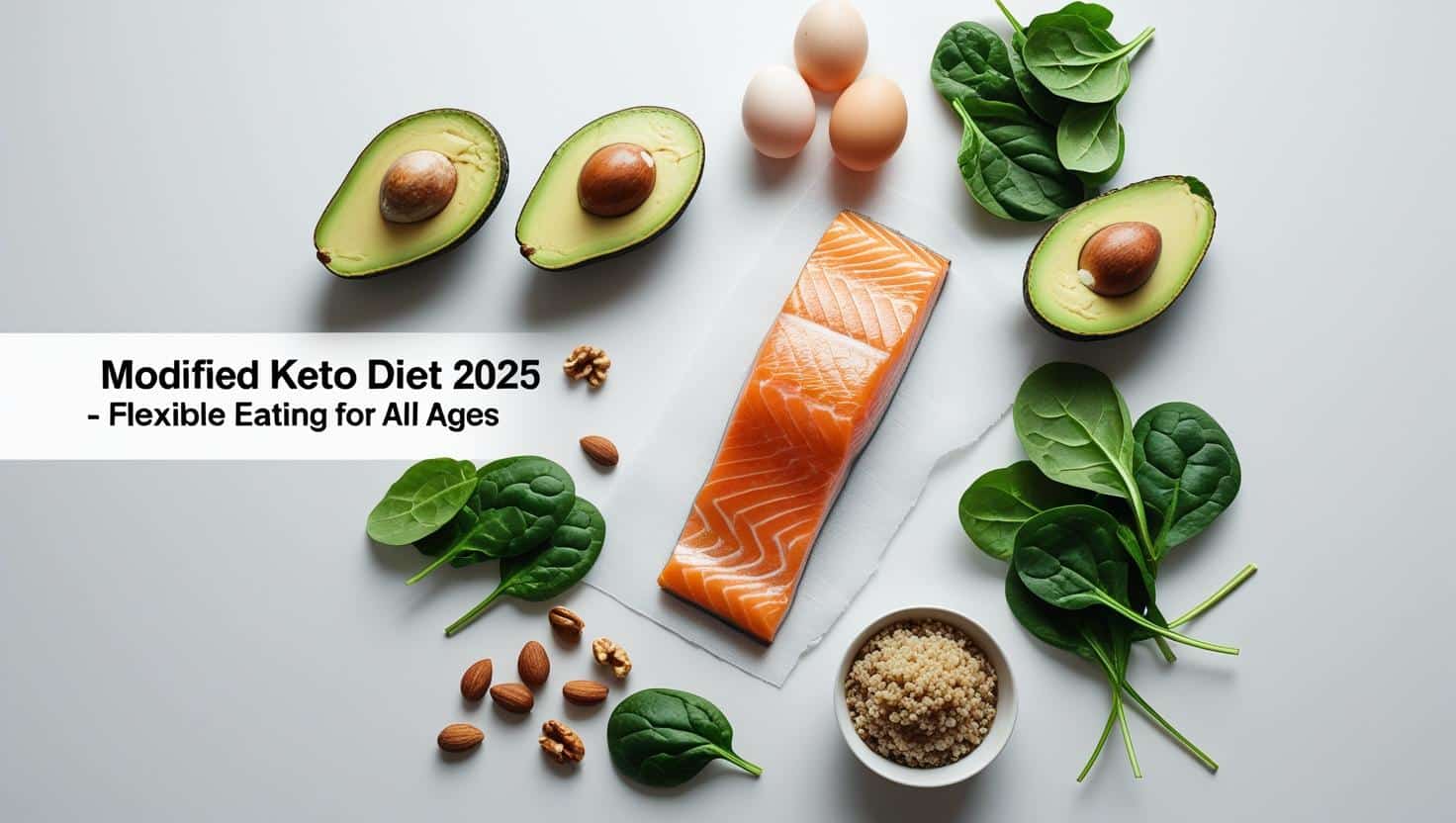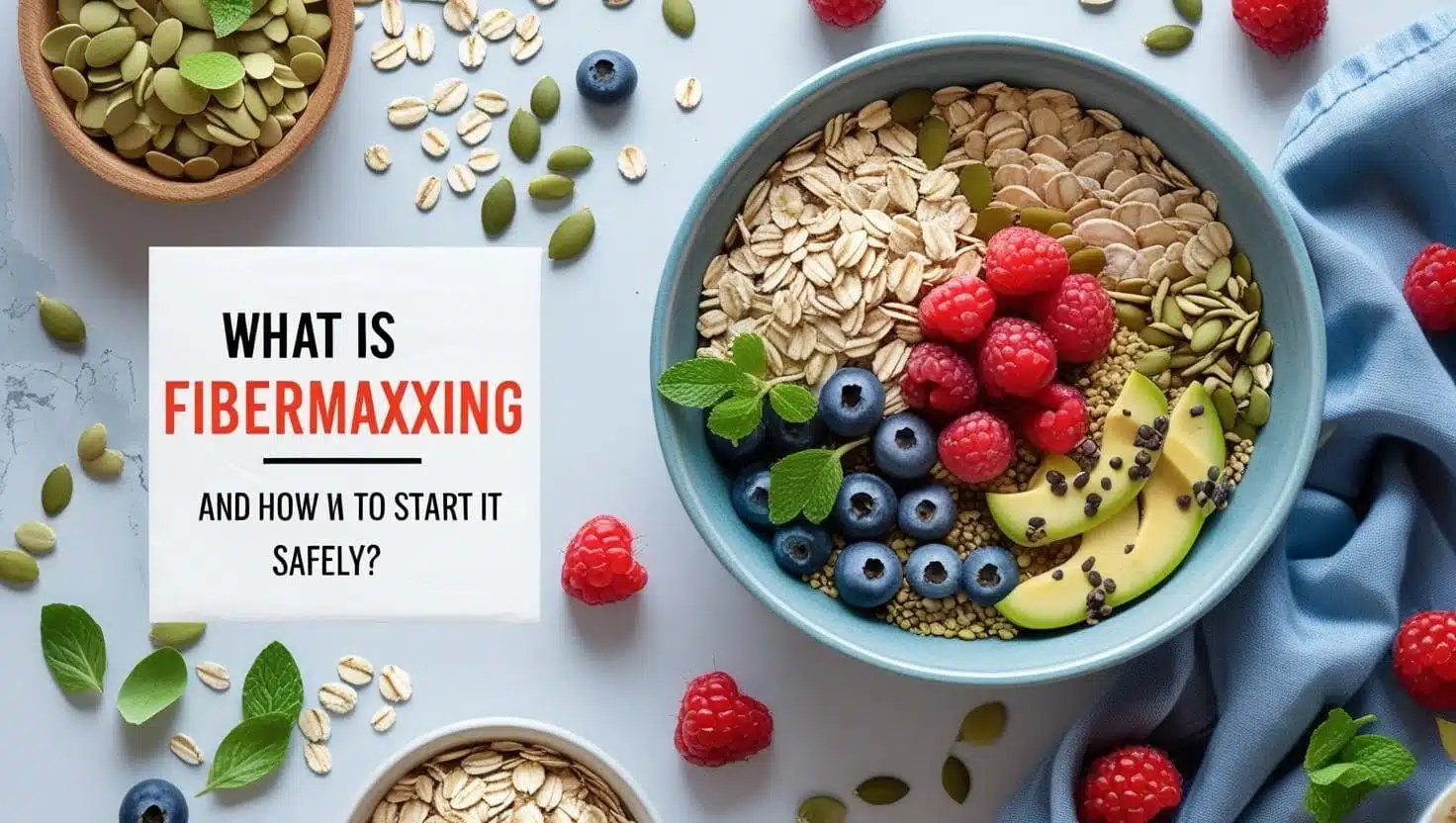
Intermittent fasting has become popular in the U.S. as the flexible approach to weight loss to aid metabolic health. It also gets the body’s naturally occurring clean up system called autophagy going. But a question is up for discussion on forums and tables: does green tea break the fast?
In general, green tea, unsweetened plain green tea does not break a fast. It has only about two calories a cup, and is full of such beneficial things as catechins and caffeine.
However, if you add sugar, honey or milk, then all that Extra Calories can trigger insulin response, breaking all the benefits of fasting. Also we discuss the science behind fasting and green tea, the possible benefits and the risks. And offer pearls of wisdom/strategies for incorporating this popular drink into your fast.
Understanding intermittent fasting in 2025

Intermittent fasting (IF) is not a particular diet. It’s a type of dietary eating that involves alternating cycles of eating and cycles of willful avoidance of calories. Popular protocols include:
- Time-restricted eating (TRE): e.g. 16/8 fasting – eat for eight hours, then fast during the other 16 hours.
- Alternate day fasting (ADF): Alternate days (25 percent of normal consumption) of fasting and normal eating day.
- 5:2 fasting-5 days of normal eating, followed by two non-consecutive days of reduced caloric intake.
Harvard T.H. Chan School of Public Health reported a review in 2025 that Intermittent Fasting diets. Particularly, alternate-day fasting can be equally efficient as conventional calorie reduction for weight reduction and cardio-metabolic wellbeing.
A comparison of the two diets showed subjects practicing ADF losing approximately 1.3kg compared with a traditional CR diet. And achieved decreases in waist circumference, cholesterol and triglycerides and inflammatory markers. However, the long-term effects require further research. Fasting appears to be a sustainable strategy to improve adult metabolic health.
What’s in Green Tea Exactly?

Green tea is prepared from non-fermentation leaves of Camellia sinensis. Which are high polyphenol (catechin) and moderate caffeine. Based on a nutrition table from PerkChops (which is based on USDA), A cup of green-tea as described has only 2 calories, zero grams fat, zero carbohydrates, zero protein and about 2 mg of sodium.
Unsweetened green tea is often referred to as the one exception of a fast as this drink has a negligible number of calories. Compared to this, an average 12-fluid-oz cup of green tea contains an approximate of 37 milligrams of caffeine. Which is less than a half of the brewed coffee. Which is able to offer a mild power boost without straining the nervous system. Contextually, the U.S. Food and Drug Administration (FDA) observes that adults are safe to take a maximum of 400 mg of caffeine a day. Therefore even three or four cups of green tea do not pose significant risks to the health of adults who happen to be healthy.
The leaves also contain catechins (e.g. epigallocatechin gallate; EGCG). An anti-inflammatory and anticancer antioxidant compound. Harvard Health labels tea as being a good source of phytochemicals. And points out that green tea has more polyphenols than black tea, whereas black tea has more caffeine. These polyphenols along with the light caffeine are thought to be responsible for the following benefits.
Does Green Tea Break a Fast?

And there you have it, plain green tea is not going to break your fast.
Here’s why:
- The 2024 Nutrients review showed that the green tea catechins (EGCG) does not cause much raise in blood sugar and insulin levels.
- An unsweetened green tea has fewer than 2 calories in it per 8-oz. cup; that’s not enough to stimulate the pancreas.
- According to the results of MDPI, EGCG could even improve autophagy and not inhibit it.
Green tea may or may not break a fast, depending on what you mean by “breaking” a fast. The following are the usual motives behind people fasting:
- Losing weight or metabolic well-being: In case you want to decrease the body weight or enhance the blood sugar and insulin sensitivity. The tiny caloric content of the green tea in its plainest form is negligible. Zero Longevity Science, is a longevity based program. And, explains that unsweetened tea (including green tea) is safe during fasting for weight loss and autophagy. But warns that if sugar or milk are added they will fill up on calories and may trigger an insulin response.
- Gut rest: There are those who fast so as to put a strain on their digestive system. Caffeine increases gastric acid and peristalsis and therefore even non-calorie beverages have the ability to disrupt gut rest. According to the same source, caffeine contained in the green tea is able to break a gut-rest fast. In case this is your main objective, use decaffeinated or herbal teas instead.
- Autophagy: Autophagy just like it is known is the recycling process of the cell body which is more active in times of nutrient shortage. Plain green tea seems not only to not interfere with autophagy. But can very likely improve it (see the science section below). Saccharine and considerable calories. Nonetheless, has the ability to inhibit autophagic flux due to the fact. That insulin and amino acid send the body back to the growing process.
- Fasting of religion: Each religion has its regulations. As an example, one would not eat water and soft drinks during the time of sunrise and sunset during Ramadan. Beyond these limitations, plain green tea when taken outside of the fasting hours would not annul the fast. However, caloric abstinence may be ruined unintentionally by the introduction of sugar or milk.
Summary: Plain green tea is not a violation of the intermittent fasting. Sweetened or milk tea DOES. When you put sugar, honey or milk in it, then it is another case. That is a clear violation of your fast by adding carbs, fat and protein.
Potential Benefits Of Green Tea During Fasting
Green tea has a number of advantages to add to fasting:
Appetite inhibition: Caffeine and catechins can minimally reduce the appetite, and it becomes easier to adhere to a fasting sphere. The proponents of fasting usually claim that consuming warm tea way diminishes the levels of hunger, and it gives the ritualism.
Hydration and electrolytes: When you are on a fast, you empty out fluid, and thus it dehydrates. Tea is primarily water, thus it plays a role of keeping one hydrated. Trace electrolytes are also provided by the small concentration of sodium in green tea (2 mg/cup).
Mental acuity and vitality: Moderate caffeine gives the vitality without the jitters of high end coffee. According to Harvard Health tea caffeine could help sharpen the mind and decrease stress.
Fat oxidation: Diverse outcomes show that fat oxidation, and metabolism rate enhance in case of consuming green tea extracts in combination with exercise. Although it does not directly measure fasting. This implies that green tea can increase the ability of the body to use fat to fuel it. Supplementing the metabolic switch in the state of fasting.
Antioxidant and anti-inflammatory activity: The green tea polyphenols are radical scavengers and can reduce the levels of the inflammatory indicators. According to Harvard health, catechins contain strong antioxidant and anti-inflammatory properties.
Potential Risks and Considerations
Green tea is not a risky substance, but it is not quite safe. Here are points to consider:
Caffeine sensitivity: FDA gives 400 mg caffeine per day as the limit that is not frequently related to adverse effects. The 12-oz cup of green tea contains approximately 37mg of caffeine. It is not likely that moderate consumption will cause any problems. Nonetheless, consuming over 8 cups of water per day may cause headaches, irregular heartbeat and other side effects. Caffeine should be avoided and tea should be avoided during the evening by people having insomnia, anxiety or heart arrhythmias.
Pregnancy, breast feeding and children: WebMD recommends consumption of green tea in moderation. A daily dose of approximately three hundred mg caffeine in form of about six cups may be safe in pregnancy. Nonetheless, the risk of miscarriage might occur under the influence of eating more. Caffeine is transferred to other body fluids. Such as breast milk and therefore nursing mothers ought to maintain two to three cups a day. The FDA and American Academy of Pediatrics discourages children and teens to consume caffeinated beverages.
Medical relationships and states: Green teas or extracts have a high probability of aggravating anemia, anxiety disorders, bleeding disorders, heart insufficiencies. And irritable bowel syndrome with the high intakes of these substances. There may be some interaction of the caffeine in green tea with certain drugs like ephedrine, nadolol as well as some antibiotics.
“A healthcare provider is always welcome to consult with people in the event of any health condition or drug use.”
Dining out spoils a cleanse: Adding sugar (16 calories per teaspoon), honey (64 calories per tablespoon). Or milk is also a source of calories that may increase insulin and fasting is disrupted. Small quantities of cream can ruin calories as well hence use plain tea.
Hot tea and esophagus damage: Harvard Health warns that esophageal damage and cancer risk can high occur in case of tea which is too hot. Allow your tea to cool down and then drink it.
Tips For Incorporating Green Tea Into Your Fasting Routine

Select simple tea: filthy water and tea, without any sugar or sodium. Bottled teas should be avoided and usually they have added sugars or syrups.
Go green at the right time: Keep in mind to consume green tea in the beginning or within your eating schedule in case you are sensitive to caffeine. Replace tea in the afternoon and the evening with decaffeinated or herbal teas.
Use within a comfortable range: Two to four cups of caffeine a day offer the majority of the positive effects without coming anywhere in the 400mg caffeine range. Females who are pregnant or are breastfeeding should take less.
Get rid of the sweeteners: In case the tea needs taste, squeeze lemon or steep it into mint or ginger. Keeping fasting intervals, we have to avoid sugar, honey, cream or flavored syrups, etc.
Monitor the reaction of your body: Not every person reacts to caffeine in the same way. In case you feel jittery, nervous or insomnia you should reduce or switch to decaf.
Conclusion
Green tea is a favorite drink which offers antioxidants, slight caffeine and relaxing ceremony. With the majority of fasting practices, a plain, no-sweetened, green tea does not breach a fast. It contains very low and only gives a 2-calorie cup. The polyphenols contained in it can even improve autophagy and facilitate the control of glucose.
However, adding sugars, milk, or any other of the caloric additives will mean the breach of a fast, and excessive amounts of caffeine have their side effects. By consuming thoughtful drinking green tea and avoiding flavorings and staying within the acceptable limits of caffeine. Simultaneously to the point of you enjoying the fruits of intermittent fasting. You would be able to experience the taste and potential health benefits.
Frequently Asked Questions (FAQs)
No, no, plain green tea would not break your fast. It is calorie-free, it does not increase insulin levels, and it can even increase fat burning and autophagy.
Green tea that is plain has almost no calories. It will not make your meal intake larger or influence your levels of blood sugar under fasting. Moreover, the minimal quantity of caffeine may allow you to be less hungry. And allow your body to burn fat as the source of energy. Do not add sugar or cream.
A considerable percentage of adults can consume 2-4 cups of green tea per day without going over the 400 mg overage of caffeine recommended by FDA. Team pregnant or breast feeding people must limit it to 2 to 3 cups. Beware of the affects you feel and reduce them in case you are jittery or sleep deprived.
Sweeteners that are not nutritious (such as stevia, sucralose) have fewer or no calories. Then they might not violate a fast on a caloric level. But other experts fear that a sweet taste will cause the secretion of insulin or cravings. In case you would use a zero-calorie sweetener. Take it very gently and note the reaction of the body.
Matcha is the powdered green tea and hence as you whisk it with hot water you are consuming the entire leaf. It is higher in caffeine and polyphenols when compared to regular green tea, with little calories. The consumption of plain matcha during fasting is in general okay. However, watch out of matcha lattes or sugar-free versions which have milk and sugar.
There are animal and cell studies which indicate the catechins of green tea. Specifically EGCG, stimulate autophagy through regulation of mTOR, PI3K and AMPK pathways. There is human evidence which is limited yet encouraging. A trial to explore the evidence found that intermittent time-limited eating augmented autophagic flux relative to usual care. Consumption of green tea has the potential to enhance the autophagy effects of fasting without causing much calorie load.
The calorie benefit of adding a squeeze of lemon is insignificant in most cases and therefore does not usually break a fast. But, when you put sugar or honey and lemon, then you have sufficient calories that will break the fasting.
Disclaimer: The information on thenutrio.com is only for educational and informational purposes and is not meant to be medical, nutritional, or professional health advice. Before making any changes to your diet, treatment plan, or health routine, you should always talk to a qualified healthcare provider, doctor, or registered dietitian. You use any information on this site at your own risk, and thenutrio.com and its authors are not responsible for any bad results.






